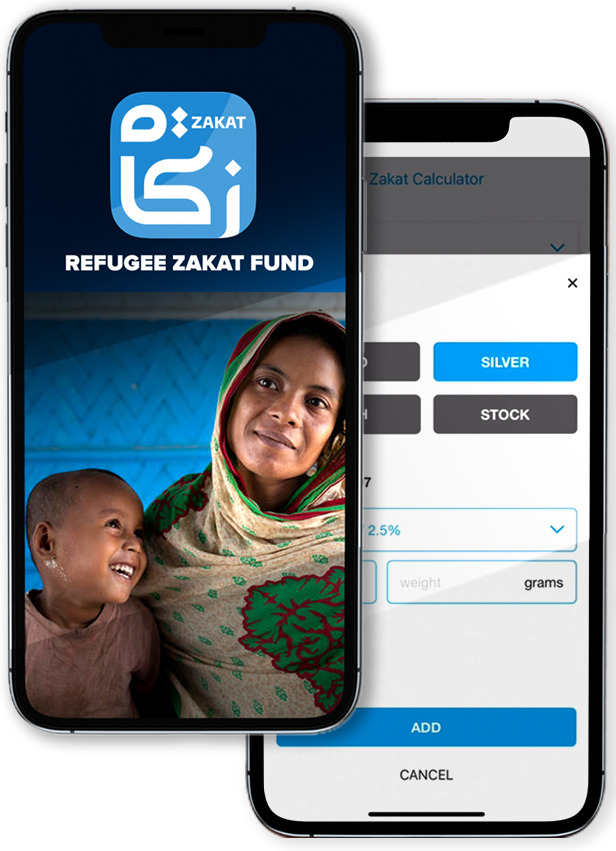Fatna, a Sudanese mother of ten displaced in Chad.
Fatna, a Sudanese mother of ten, faces tremendous challenges in her daily life, living in a camp where basic necessities are scarce. “We walk from the camp to a water source five kilometers away, and this is extremely difficult,” Fatna explains. The water situation in her neighborhood is dire, with taps in several blocks running dry. To provide water for her family, she endures the exhausting journey twice daily, often resorting to purchasing a barrel of water for 25 riyals or paying for donkeys to transport jerrycans. “When donkeys aren’t available, I have to carry the jerrycans on my head, which is very difficult,” she adds.
Fatna’s struggles extend beyond water collection. She lives with her ten children in the camp, where the lack of shelter is a constant worry, especially during the rainy season. “I have no house, and the rain is coming soon. I don’t have money to buy water for making bricks,” she says. The bricks, made from mud and water, are essential for building homes, but the fluctuating availability of water makes it hard for her to continue construction. Fatna spends 300 riyals per barrel of water for this purpose, but even then, the water might not always be available. “We buy water for 300 riyals from the water truck, but sometimes there is none available,” she notes.
To survive, Fatna cuts firewood from the surrounding area and sells it in the market, earning around 100 to 200 riyals.” I split the money – half for bread and the other half for water,” she explains.
As of June 2024, Chad hosts over 1.1 million forcibly displaced persons, mainly from Sudan (936,880), with 88% being women and children. Since April 2023, eastern Chad has faced a sharp increase in refugees, with 496,834 new Sudanese arrivals and 93,700 Chadian returnees, particularly from conflict-ridden Darfur. Overcrowded border sites lack essential services such as shelter, food, and psychosocial support, with reports of gender-based violence rising among the newly displaced. In response, UNHCR aims to assist nearly 1.4 million people in 2024, addressing urgent humanitarian needs, refugee protection, and resilience as conflict and climate change worsen the crisis.
As global crises escalate, clean water is increasingly essential, with thousands of refugee families facing daily shortages. Providing clean water is recognized as one of the most impactful forms of charity. UNHCR’s Sadaqah Jariah programme focuses on providing sustainable water solutions to bridge this gap. By offering clean, reliable water access, the program brings hope to displaced families in Chad. The donations UNHCR receives can ensure uninterrupted water access for these vulnerable communities, making a lasting difference in their lives.
Other Stories

Mahmoud and Saqrah, Syrian elderly refugee couple in Lebanon.
Thy continue to hold onto their cherished traditions, especially during the Holy Month of Ramadan.

Wafaa, a displaced mother from Yemen.
She has faced unimaginable challenges with her children since losing her husband.

Ayesha, a 45 year old displaced woman from Afghanistan.
“During Ramadan, we broke our fast with just a glass of tea. If we find potatoes, we eat them. Otherwise, it’s just bread” Ayesha says.




